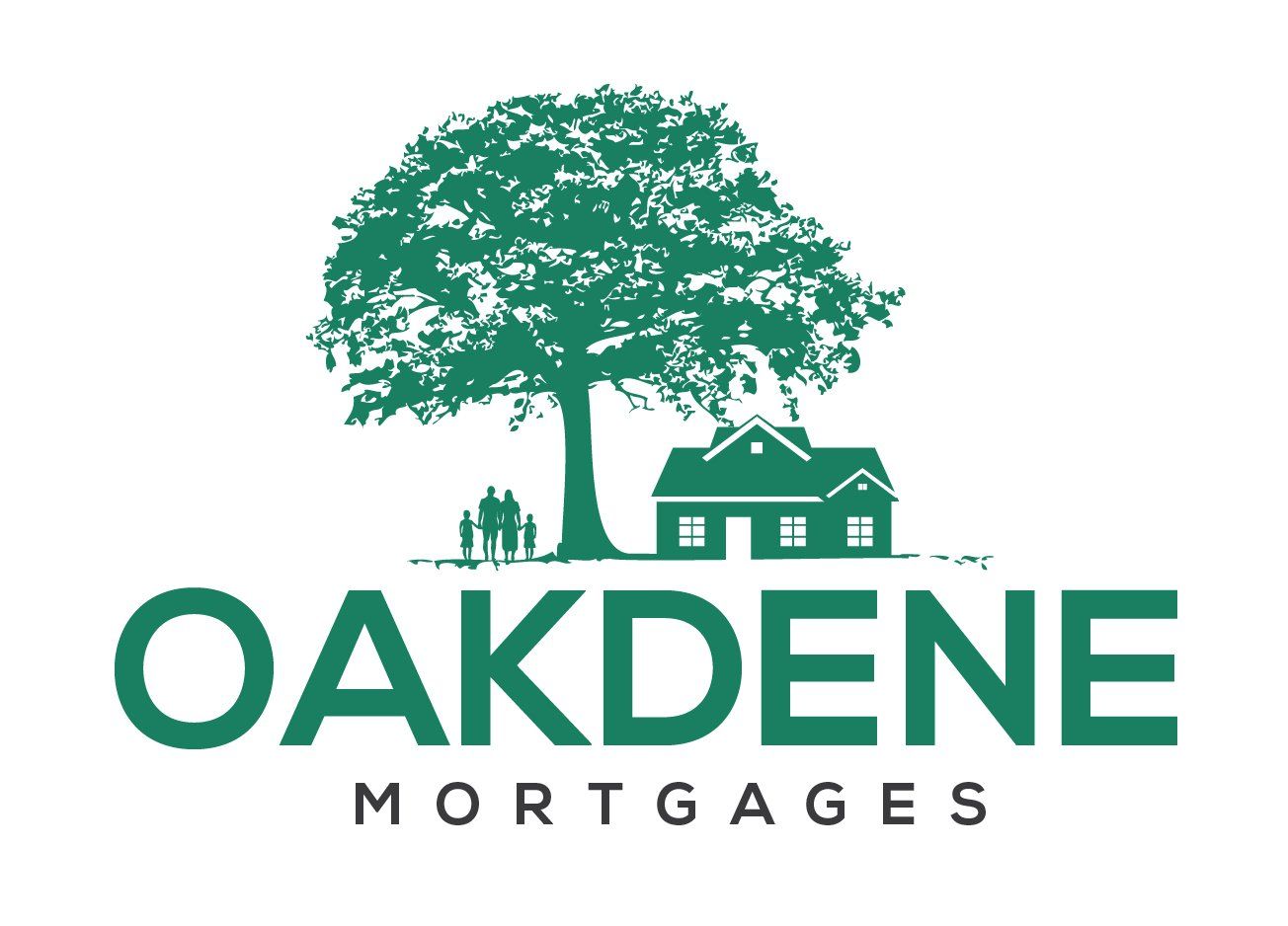by Rebecca Geer
•
10 February 2026
With a new year upon us, now is the perfect time to take stock and review your protection policies. A lot can happen in a year and, as circumstances change, it’s essential to make sure your cover still meets your needs. Here are some examples of when you should review your insurance: Marriage or civil partnership We know that there are already lots of things to think about when planning a wedding, but don’t let your protection slip through the net. Getting married can significantly change your financial circumstances and responsibilities. You and your spouse should therefore ensure that your protection reflects this lifestyle change, so that you are both covered in difficult times. Divorce On the other hand, if you are going through a separation, it’s important to let your insurer know. Depending on your situation, you may decide to remove certain people as beneficiaries. If you had a joint life insurance policy with your ex-spouse, you may also wish to split the policy (if possible). Having children or other dependents Welcoming a child is an exciting time for a family, but it also brings greater financial responsibilities. You should therefore update your policy to ensure that any new offspring are accounted for. Similarly, if you have taken on caring responsibilities for another family member (e.g. an unwell parent), make sure they would still be financially supported if something happened to you. Moving home When buying a home with a mortgage, most lenders require you to take out home insurance. We strongly recommend that you also consider life insurance to ensure that your family could keep up with mortgage repayments if the worst happens. If you already have a policy in place, you will need to notify your insurer about your move. Change in income If your employment status has changed, you may need to adjust your policy. Perhaps you’ve recently got a new job, a promotion or been made redundant – these will all impact the level of cover you require. Also, if you’ve become self-employed, you will need income protection in case you are unable to work due to illness or injury. Health changes If you have been diagnosed with a health condition, check if your insurance needs adjusting – you may need an extra layer of cover, depending on your specific condition. If you don’t notify your insurer, you could risk invalidating your policy. Get in touch Even if you haven’t experienced any significant life events, an annual review is vital as there may be new products or better deals on the market. Get in touch with us to ensure your protection is right for you. As with all insurance policies, conditions and exclusions will apply. Your home may be repossessed if you do not keep up repayments on your mortgage Sources: https://www.mortgageadvicebureau.com/protection/is-your-protection-policy-still-fit-for-purpose/ https://the-exeter.com/customer/life-insurance/change-in-circumstances-when-should-you-review-your-cover/#:~:text=Increased%20financial%20responsibilities%20can%20require%20higher%20cover.&text=A%20new%20job%2C%20redundancy%2C%20or,can%20affect%20your%20protection%20needs.&text=Whilst%20the%20policy%20covers%20death,make%20sure%20it%27s%20still%20suitable.






